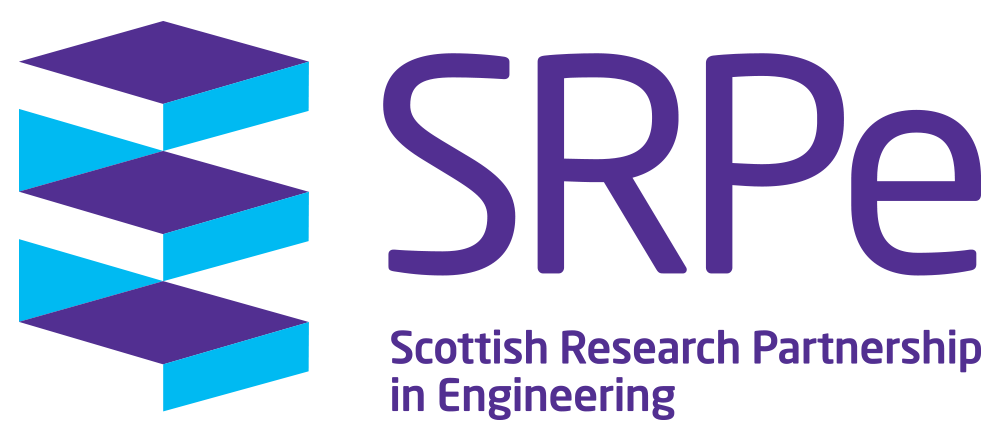Simple-affordable, portable device for the detection of microbial pathogens by targeting specific genetic signatures
Academic Institution: Heriot-Watt University
Academic Supervisor: Professor Marc Desmulliez
Industry Partner: Genetic Analysis Strategies S.L.
PhD Student: Bishwojit Konsam
Start Date: 7th October 2019
Abstract
This project aims to design, characterise the performance of and test a rapid, robust, and economic detection system for the detection of specific pathogens (its virulence/resistance), in order to prevent the cause of an infectious disease at origin and trace its dissemination in the epidemiological chain.
The project is in collaboration between Heriot-Watt University (HWU) and GPS™, brand of the technology-based SME Genetic Analysis Strategies SL. (Orihuela, Alicante, Spain). GPS™ has develop kit-reagents for detection of >300 pathogenic species, expanded world-wide, and counts with a vast expertise in the market for microbiological control.
The project aims to develop a small-portable multi-sensor system, the GPS™ µ-Tester, which includes heating, cooling, light detector and chip location for the detection of fluorophores only liberated if the specific target (the pathogen) is present in the sample.
The device will also include a disposable part, a cartridge, including a microfluidic chamber where of the specific chemical reactions will take place. The system will allow a fast test, directly in the sample, detection of signal emission, data display and storage by telemetry technology.
It is expected that the point-of-care device will be mass produced by the Company and used in diagnosis of fresh and ready-to-eat food, water of public use, environment of risk (air at hospitals, neonatal, surgery, etc.), routine control at international borders (airports), reception for immigrants due to massive migratory waves. The GPS™ µ-Tester will place GPS™ at the highest levels of excellence in the diagnostic market with a high impact on public health and quality of life.
